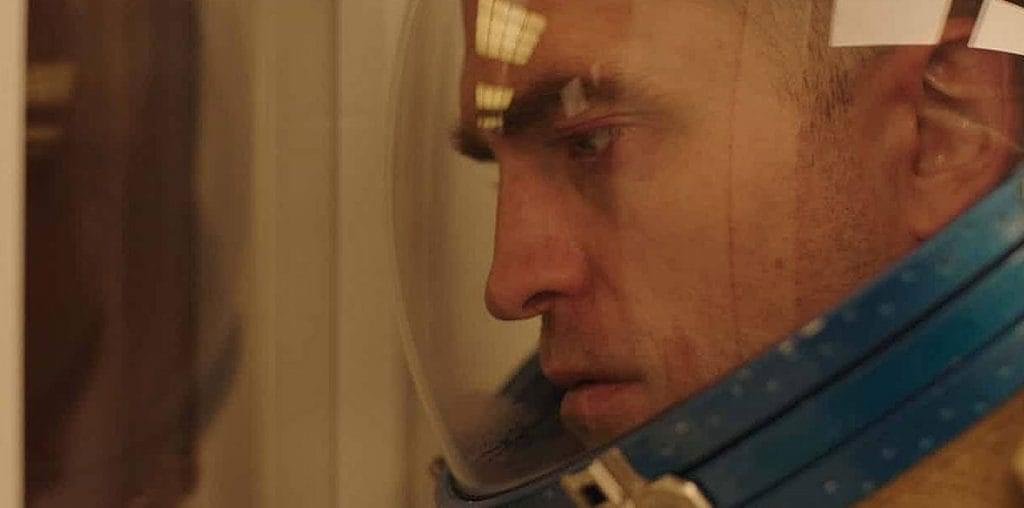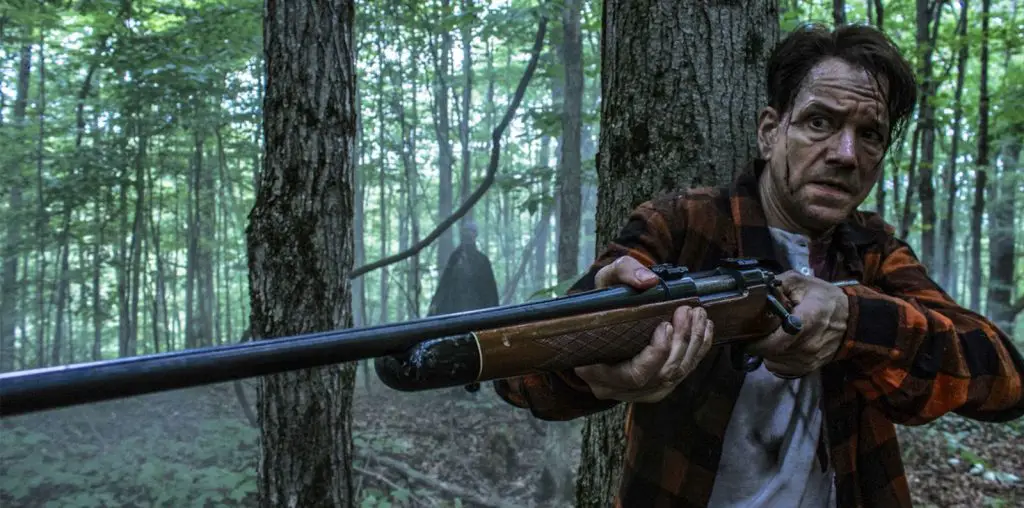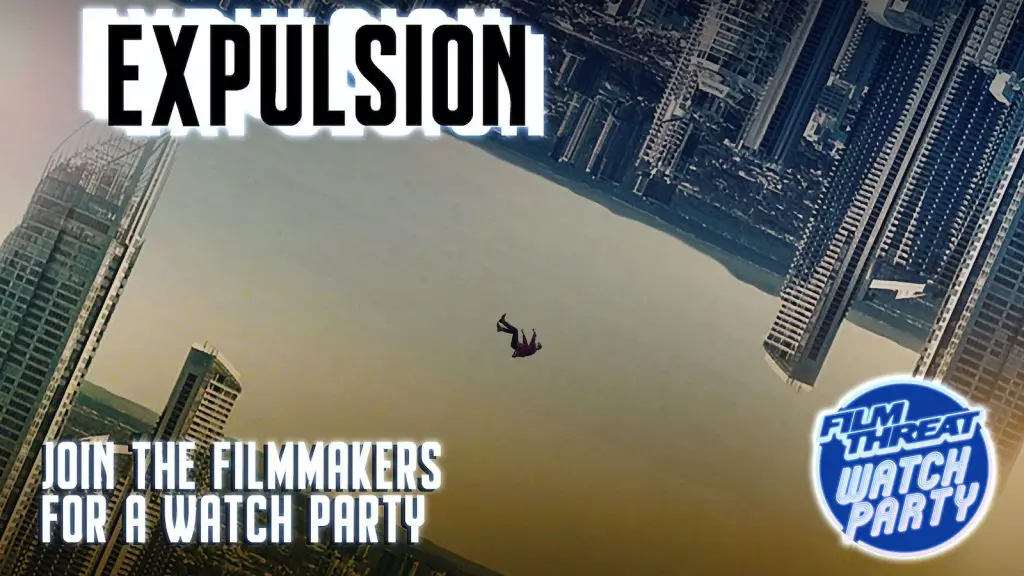
What was the budget and how long did it take you to make it? ^ The budget was about $450,000 and it took a year and a half to make.
How did you raise the funding for such an ambitious project? ^ We got lucky, someone came forward who had the money, and I believed in the project.
What are some of the scenes you had to cut? ^ The scenes we cut that I was the most attached to were a series of events that took place during the 51 day siege. They showed how the FBI psychologically manipulated the Branch Davidians and psychologically abused them. There was a whole long litany of events that took place over the 51 days of deception and betrayal on the part of the FBI that helped to explain why the Branch Davidians were so afraid to come out on the last day. Why they wouldn’t come out when they were tear gassed. Those scenes were cut out for length.
What advice might you give to young filmmakers considering getting into documentary filmmaking? ^ You have to follow your passion. And you have to go after stories that have scope and relevance, unless you want to make films just for yourself, which is perfectly fine. There are many reasons people get into documentaries. Some are not that interested in the whole entertainment world, they’re more fascinated by real life. There are people who make documentaries about their cats, and about their dogs, and that’s great. Filmmaking itself is a very satisfying endeavor. ^ But if you want to do it as a business, you have to pick big stories, stories that somehow people will identify with on a larger scale. So you have to look at what kinds of stories you’re going after and why. What difference will it make to anybody’s life and how can people use it for their own growth or learning?
Tell me what you’re working on right now. ^ I’m making a theatrical documentary about Crop Circles because I think that Crop Circles are one of the most unrecognized significant unexplained phenomena in the world. I think there’s something going on there that’s more than just a natural anomaly. It is unprecedented, and of major significance, and it deserves more attention. Despite the occasional hoaxer, it’s absolutely true and truly important to humanity as a whole. I think it’s that big. ^ The premise of the second film (about the history of psychedelics) is that for thousands of years, in pretty much every indigenous culture throughout history, sacred psychotropic plants have been utilized to help guide and manage society. To put that in contemporary terms, what a psychedelic experience can offer to a properly prepared, properly educated individual, is an opportunity for innovative thinking or insight. And I think that we’re in a place in history, in terms of how the western world is leading the planet, that innovation is something that we really need to start focusing on for the next hundred years. ^ Our future is going to really require innovative thinking. It doesn’t take a brain surgeon to know that that there are many issues — in terms of how we manage ourselves with the environment, use our resources, handle politics, and consider social problems. There’s a lot of things that call for innovative thinking. Too often today, psychedelics are considered a pariah, and I think that’s completely inappropriate and completely incorrect. That kind of thinking is a product of very narrow, uninformed social ideology. ^ The Orphans of Duplessis, the third documentary I’m in production on is very much like WACO, in that it’s the unraveling of an major unknown injustice. It involves the Catholic Church in a very fundamental way. It involves the misapplication of a lot of very fundamental religious practices. It shows how power corrupts. Children were involved and children were severely abused. Those children are now grown adults and their plight has gone unrecognized. They have had no closure, or even an apology from either the Canadian government or the Catholic Church. That’s all they really want. ^ The way we’re approaching The Orphans of Duplessis is to take the most compassionate, highest road with it. We’re not looking to vilify the Church. We’re not looking to do your typical hit piece on the abuse of the Catholic Church. That’s the usual route. What we’re trying to do is a much more empathetic piece to show where love went wrong. And how much harm greed can cause. And it’s great drama – a really dramatic story.
For more info, contact Larry Shulman at OpenEdge Media or visit his web site at OpenEdge Media.
Check out FILMTHREAT.com’s INTERVIEW ARCHIVES and read hundreds of fascinating in-depth interviews with directors, filmmakers, actors and celebrities from the world of film!


